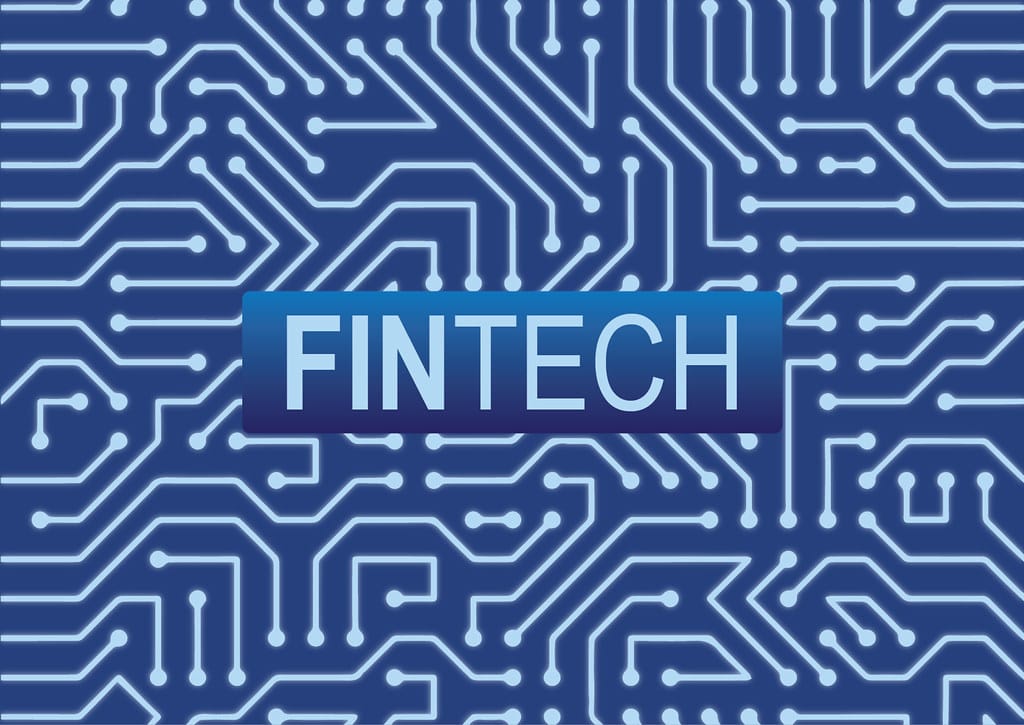JPMorgan Draws Battle Lines: Bank Demands Fintechs Pay Premium for Customer Data Access
The financial services industry is witnessing a seismic shift as JPMorgan Chase, America's largest bank, has announced it will begin charging fintech companies for access to customer banking data. This unprecedented move signals a fundamental change in how traditional banks and financial technology companies interact, potentially reshaping the entire fintech ecosystem.
The End of Free Data Access
For years, fintech companies have relied on free or low-cost access to customer banking data through third-party providers like Plaid and Yodlee. These data aggregators have served as intermediaries, allowing apps like Venmo, Mint, and Robinhood to verify account balances, track spending, and facilitate transactions without direct bank partnerships.
JPMorgan's decision to monetize this data access represents a strategic pivot from the traditional model. The bank argues that providing secure, real-time access to customer financial information requires significant infrastructure investment and ongoing maintenance costs that should be shared with the companies profiting from this data.
Following Industry Precedent
JPMorgan isn't operating in isolation. Other major financial institutions, including Bank of America and Wells Fargo, have already begun implementing similar fee structures for data access. This coordinated approach suggests a broader industry recognition that customer financial data has become a valuable commodity that banks should monetize rather than give away.
The timing is particularly significant as regulatory pressure mounts around data privacy and security. The Consumer Financial Protection Bureau (CFPB) has been pushing for standardized data-sharing rules, known as Section 1033 of the Dodd-Frank Act, which would give consumers more control over their financial data while ensuring secure sharing protocols.
Impact on Fintech Innovation
This shift toward paid data access could have far-reaching implications for the fintech sector. Smaller startups, already operating on thin margins, may struggle to absorb these additional costs. The new fee structure could create barriers to entry for innovative companies that rely on banking data to provide services like budgeting apps, investment platforms, and lending solutions.
However, established fintech players with substantial funding may welcome the change. Companies like Plaid, which recently raised $425 million in Series D funding, are better positioned to negotiate favorable terms with banks and pass along costs to their own customers. This could lead to market consolidation as smaller players are squeezed out.
Consumer Implications
While the fee structure primarily affects business-to-business relationships, consumers will likely feel the impact through higher costs for fintech services. Apps that were previously free may introduce subscription models, while existing paid services might increase their pricing.
On the positive side, paid data access could lead to more reliable and secure connections between banks and fintech apps. Customer complaints about broken connections and delayed transactions—common issues with current screen-scraping methods—may decrease as banks invest in more robust API infrastructure.
The Bigger Picture: Data as Currency
JPMorgan's move reflects a broader trend in the digital economy where data has become a primary value driver. The bank's decision to charge for data access acknowledges that customer financial information is a strategic asset that generates significant value for third-party companies.
This development also highlights the growing tension between traditional financial institutions and fintech disruptors. As fintechs have gained market share in payments, lending, and wealth management, banks are seeking new ways to maintain their competitive advantage and revenue streams.
Looking Forward
The implementation of these fees will likely accelerate the development of open banking standards in the United States. Similar to regulations in Europe and the UK, American open banking frameworks could standardize data sharing while ensuring fair compensation for all parties involved.
Financial institutions may also invest more heavily in their own fintech capabilities, using data access fees to fund internal innovation initiatives. This could lead to a new era of bank-fintech partnerships where collaboration replaces competition.
Key Takeaways
JPMorgan's decision to charge fintechs for customer data access marks a turning point in the financial services industry. While this move may create short-term challenges for smaller fintech companies and potentially increase costs for consumers, it could ultimately lead to more secure, reliable, and sustainable data-sharing practices.
As the industry adapts to this new reality, stakeholders must balance innovation with fair compensation, ensuring that the benefits of financial technology continue to reach consumers while recognizing the value that all parties bring to the ecosystem.

